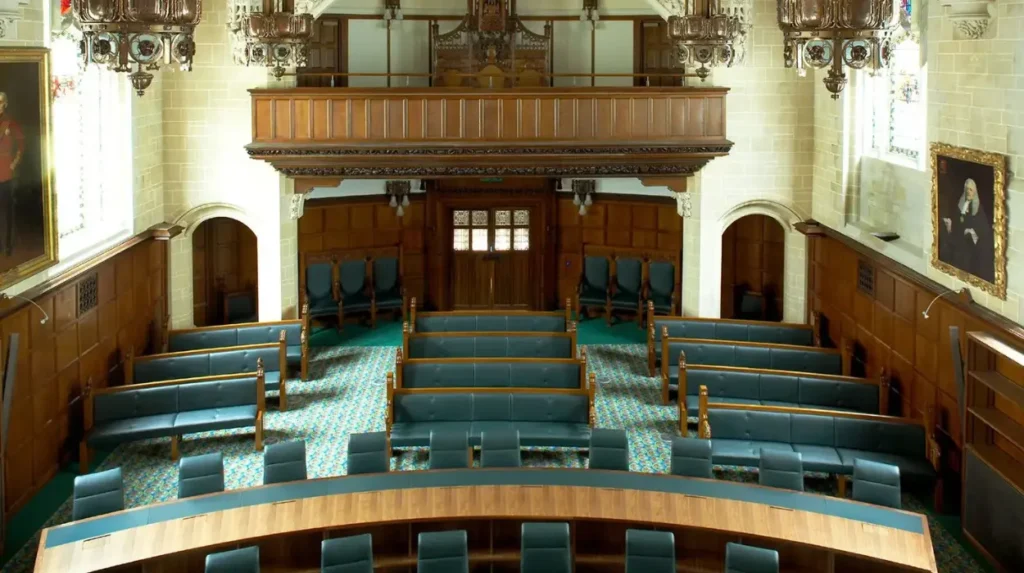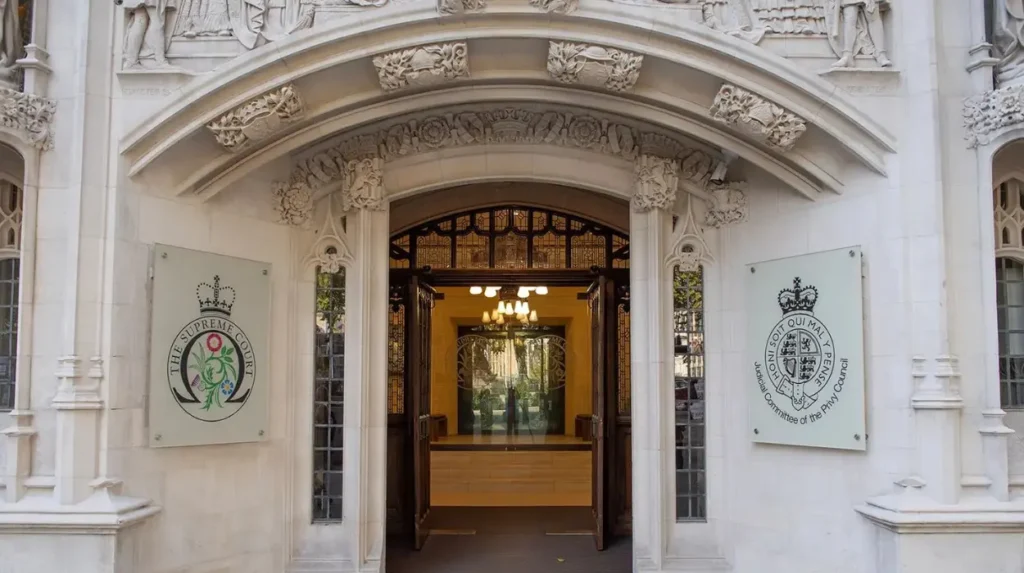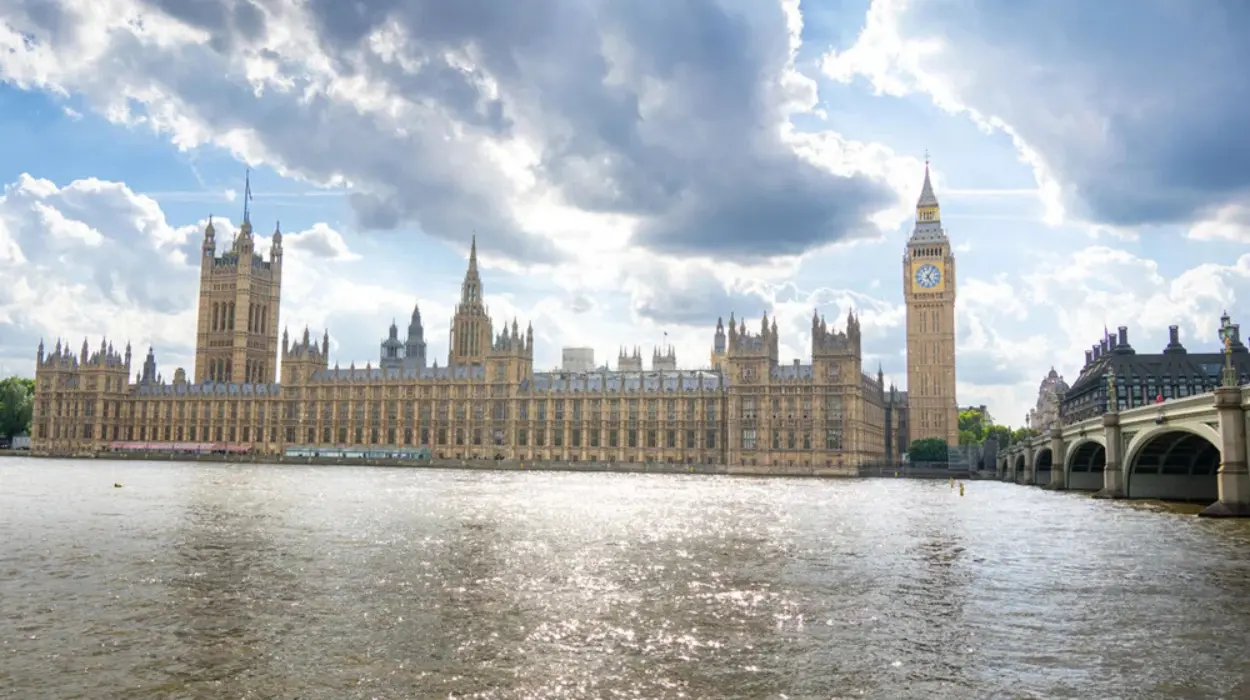The relationship between the UK Parliament and the Supreme Court is an interesting aspect of British constitutional law. It attempts to strike a balance between parliamentary sovereignty and independence of the judiciary. Even though Parliament is the supreme body for making laws, the Supreme Court is the last authority concerned with the dispensation of law. This article attempts to see whether Parliament can reject a ruling of the Supreme Court, how the constitution of the UK would deal with this issue, and its ramifications for democracy and the rule of law.
Understanding Constitutional Authority
The constitutional framework consists of statutes, common law, conventions, and historical practices. In the sense of a constitutional framework, as in the UK, Parliament has legislative supremacy; the courts, including the Supreme Court, can determine whether the laws are being interpreted and applied correctly. Ultimately the balance of power in the Commonwealth depends on Parliament’s sovereignty to exercise final legislative power and the independence of the judiciary that allows courts to operate absolutely free from politically imposed limitations.
The interaction of both of these concepts indicate the limits on each branch’s jurisdiction and provide groundwork for the discussion of whether parliament can overrule a decision from the Supreme Court.

The Role of the UK Parliament
Two major roles of the UK parliament are given below:
- Legislative Authority: Parliament is a competent body to legislate. It can legislate and amend laws and comprises the House of Commons, the House of Lords, and the Monarch. By Acts of Parliament, it may create new laws, amend existing laws, and repeal those laws that are obsolete.
- Parliamentary sovereignty: a key principle in current constitutional law of the United Kingdom is parliamentary sovereignty. This means that Parliament is capable of making itself any law it wants, with the understanding that no other body, not even the courts, can overrule it or set aside the statutes passed by Parliament.
Role of the Supreme Court of the United Kingdom
Two main roles of the Supreme Court of the United Kingdom are:
- Court of Last Appeal: Dealing with appeals on significant points of law, the UK Supreme Court is the nation’s top court. It helps law to be interpreted consistently and equitably. All lower courts are bound by its decisions; they must be followed unless Parliament modifies the basic legislation.
- Judicial Independence: Judicial independence is one fundamental aspect of the British legal system. Judges make decisions without political pressure or interference from outside sources. The separation of powers ensures the judiciary is an independent check on the executive and legislative branches and protects the rights of citizens and the rule of law.
Can Parliament override the Supreme Court?
Parliament cannot “overturn” the Supreme Court decision, and unlike the appellate court, parliamentary authority does not act on the determination of other courts. However, Parliament can also change the legal framework that the Supreme Court decision was based on by amending existing laws or passing new laws. This clearly overturns the ruling for upcoming instances.
Case Example, The Miller Case: The Supreme Court determined the extent of governmental powers in the Miller cases involving Brexit without legislative approval. Even if the court’s decision was conclusive in that case, Parliament still had the right to enact laws to change the legal status in the future related circumstances.

Parliamentary Sovereignty vs Judiciary Power
Laws approved by Parliament have the highest authority under parliamentary sovereignty. Parliament can pass a changed bill clarifying its intent if the Supreme Court interprets a law differently than Parliament does. The Supreme Court can clarify legislation and assess if government actions follow the law. It cannot declare Acts of Parliament invalid, as may happen in nations with a codified constitution like the United States.
Situations Where Parliament Might Act After a Supreme Court Ruling
Parliament may modify the language to eliminate ambiguity if the Supreme Court interprets a statute contrary to its intended meaning. Lawmakers can pass fresh laws to undo the effects of court decisions that produce results Parliament finds objectionable. Public reaction to a Supreme Court ruling can sometimes put Parliament into action, especially when the decision influences social or economic matters, drawing much interest.
The Role of Public Accountability
Parliament has a formal power to change laws after a court rules on them, but Parliament is likely to want to consider the political implications of reversing a judicial decision, especially if it is accused of encroaching upon the independence of the judiciary. The media coverage of a particular tale and public sentiment are very important attributes in shaping how and when Parliament may reverse a court’s interpretation of law.

Risks of Overriding Supreme Court Rulings
If Parliament regularly overrides the decisions of courts, it is possible this would break down the judicial function of being an independent check upon political power. There is a risk that political majorities will override court decisions for the purpose of reducing protections for minority groups or reducing the checks upon executive power.
Comparative Context
In the United States, the Supreme Court holds the authority to strike down legislative action that is unconstitutional, while Congress cannot just go and rewrite legislation without proper constitutional amendments. In the UK, Parliament can alter laws quite easily by a simple voting majority following a court ruling. Since the UK courts were bound by EU law during its membership and there was indeed parliamentary sovereignty, after leaving, the UK parliament now has full parliamentary sovereignty in those areas.
The Future of Parliamentary Overrides
Numerous politicians and legal scholars have been offering proposals for reforming Parliament’s powers and reducing Parliament’s ability to repeat the court’s role (or override it) on human rights-related issues, and the debate as to how best to navigate the ever-changing political and legal context, and whether Parliament’s sovereignty limits judicial independence in its jurisdiction, will continue to evolve.
The Method of Balancing Sovereignty and Justice
Parliament has the potential to reject the Supreme Court’s position if it alters the legislation. However, political adherence, policies of public opinion, and constitutional principles, including assurance of judicial independence, will impose limits on these powers, so the UK Parliament will always retain its sovereignty, and the courts will still retain their independence to examine statutory interpretation and (while not free of political influence in the first person) to examine the application of rights without political interference in isolated cases.
In a democracy, we don’t want a situation where one institution dominates the other; we want a situation that balances respect for the will of the people and respect for the rule of law.

